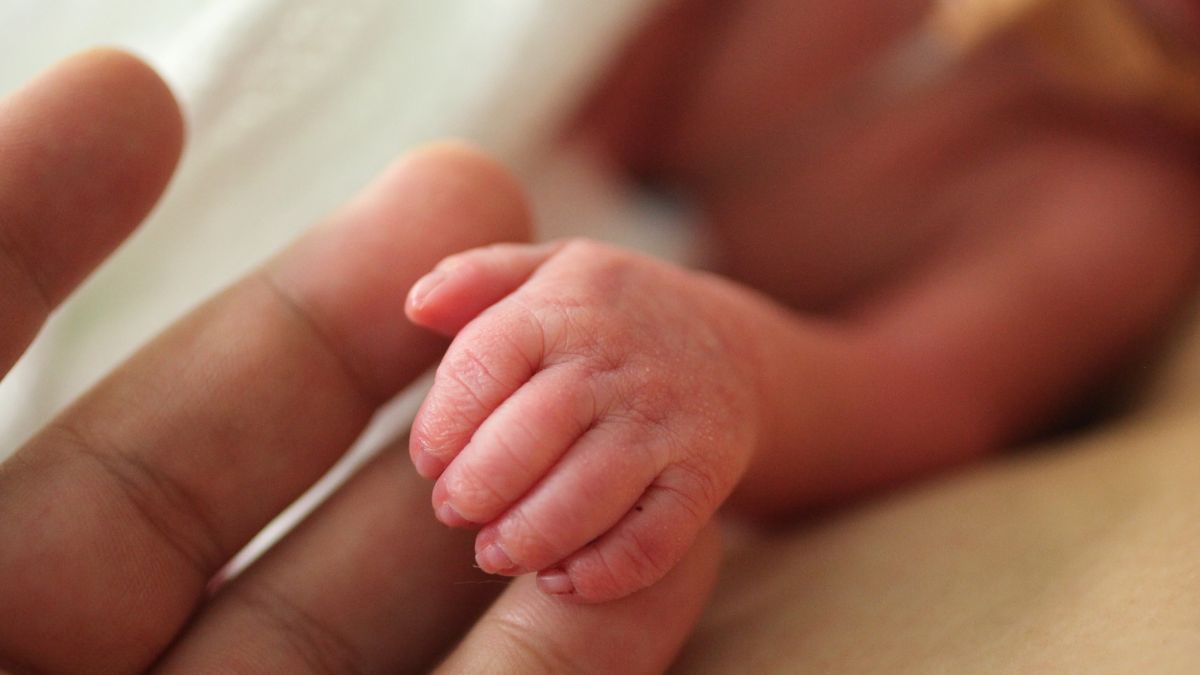
A federal judge in New Hampshire has dealt a major setback to President Donald Trump’s executive order that tried to limit birthright citizenship.
The judge temporarily blocked the order across the entire country and also allowed a lawsuit against it to move forward as a class action. This decision is a key moment in the legal fight over how the Fourteenth Amendment should be understood and the President’s ongoing attempts to change the rules of American citizenship.
U.S. District Court Judge Joseph Laplante, who former President George W. Bush appointed, oversaw the case and issued a preliminary injunction, temporarily stopping the President’s order from taking effect anywhere in the country. Judge Laplante’s decision was based on the conclusion that denying U.S. citizenship to these children would cause “irreparable harm.” He found the government’s arguments weak and said his choice to issue the injunction was “not a close call.”
As found by MSNBC, the judge also approved the lawsuit as a class action, meaning the ruling would apply to everyone in the same situation, effectively protecting all children nationwide who would be affected by the order. This class-action status was especially important because of a recent Supreme Court ruling.
Judge opens up fight for the 14th amendment
At the heart of the issue is the Fourteenth Amendment to the U.S. Constitution, which clearly says: “All persons born or naturalized in the United States, and subject to the jurisdiction thereof, are citizens of the United States and of the State wherein they reside.” For more than a hundred years, this has been understood to mean that anyone born on U.S. soil is automatically a citizen, no matter their parents’ immigration status.
Despite this clear constitutional rule, Donald Trump has repeatedly spoken out against what he calls “birthright citizenship,” saying it encourages illegal immigration. Shortly after taking office, he followed through on this promise by issuing an executive order that tried to ignore the established constitutional rule. The order told federal agencies not to recognize U.S. citizenship for children who did not meet the administration’s new requirements, specifically targeting babies born to parents who are not U.S. citizens or legal permanent residents.
It’s already happening
— eat shit Nazis (@Nublinski) July 4, 2025
They can’t even meet their quotes now
Which is why Trump is already talking about attacking birthright citizenship
Apparently, being born in America just isn’t good enough to be considered a citizen anymore
If put into effect, this policy would have been a huge break from long-standing legal practice and could have affected hundreds of thousands of newborns every year. The legal pushback against Trump’s executive order came quickly. The American Civil Liberties Union (ACLU) and other immigrant rights groups filed a class-action lawsuit on behalf of a pregnant immigrant, immigrant parents, and their babies.
The lawsuit aimed to protect all children nationwide who would be harmed by the order. Last month, the Supreme Court issued a controversial opinion mainly about whether courts have the power to issue broad, nationwide injunctions. While some saw this as a win for the administration, it did not actually settle the constitutional question of birthright citizenship. Importantly, the Supreme Court’s decision left open the option of using class-action lawsuits to get nationwide relief.
Seeing this opportunity, the ACLU acted fast, filing its class-action case just hours after the Supreme Court’s ruling. This strategy worked, as Judge Laplante’s decision to grant class-action status allowed him to issue a nationwide injunction, avoiding the limits on broad injunctions discussed by the Supreme Court.
Judge Laplante’s ruling is a big win for supporters of birthright citizenship, putting a temporary stop to the administration’s attempt to change a constitutional principle that has been in place for generations. However, the legal fight is not over. Judge Laplante’s order includes a seven-day delay, giving the government time to appeal.
It is widely expected that the Trump administration will appeal, likely sending the case to the U.S. Circuit Court of Appeals. The legal challenges will continue, with major consequences for countless families and the meaning of one of the Constitution’s most important principles.







